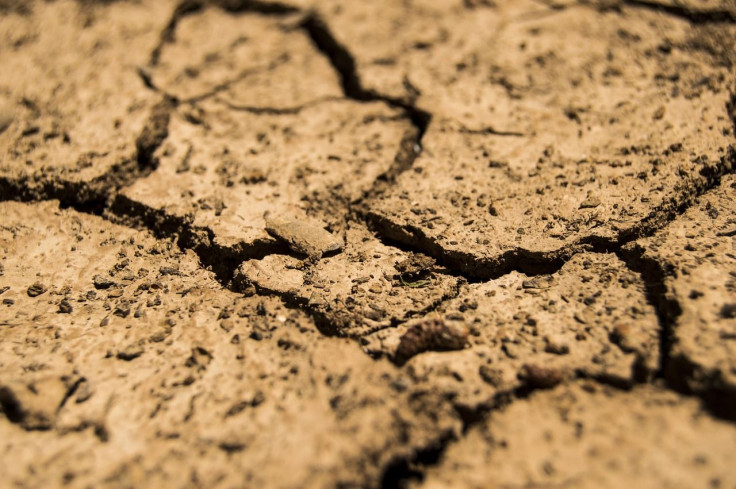Upcoming Severe Heatwaves Add To China's Mounting Problems

Already reeling from the ongoing novel coronavirus (2019-nCoV) outbreak, China's massive population of 1.4 billion persons is also being severely threatened by more severe and frequent heatwaves generated by climate change.
This deadly new threat to the Chinese and their health threatens to dwarf the dangers posed by viral outbreaks and other calamities contends two new studies by the University of Reading, the University of Edinburgh, the Meteorological Office of the United Kingdom and several Chinese institutions.
The studies found that extreme daytime heat, as well as extreme rainfall, is due to become more common in China in the future because humans continue to emit large and untrammeled amounts of greenhouse gases (GhGs) into the atmosphere. The studies were published by the American Meteorological Society.
Dr. Buwen Dong, a study co-author and a climate scientist at the University of Reading and the National Center for Atmospheric Science, said the Chinese are already suffering from more frequent extreme heat in China, and this will only get more common in future due to climate change.
"It is particularly concerning to see high night-time temperatures becoming a growing threat," Dr. Dong said. "This gives no respite to people struggling to cope with searing daytime heat and can lead to deadly heatstroke, particularly for vulnerable people. Better strategies for adapting and coping with rising temperatures are vital to save lives."
One of the studies estimated that 30-day spells of deadly overnight heat similar to the one that killed and hospitalized many people in northeast China in 2018, have already gone from being one-in-500-year events to one-in-60-year events since pre-industrial times. This is astonishing.
The studies examined how common these hot conditions in northeast China and wet conditions in central western China have become and will become in future due to anthropomorphic or human-induced climate change.
Researchers studied almost 50 million daily temperature records captured at 2,400 weather stations across China between 1961 and 2018, along with data from other sources.
What they found is that climate change has made rainfall more likely to occur in severe bursts in central western China. Based on climate models, researchers calculated extreme rainfall events have become 1.5 times more likely since pre-industrial times. On the other hand, the likelihood of persistent heavy rainfall has reduced by 47 percent.
"The current health emergency in China is sadly causing many deaths and this report shows how climate change could also cause serious health emergencies in the region in the future," Prof. Elizabeth Robinson, an environmental economist at the University of Reading, who was not part of this study, said.
"A hotter climate will have a severe impact on global health, with the kinds of extreme temperatures that hospitalized record numbers of people in China in 2018 likely to become more frequent in the future. Outdoor workers, older and young people, and those with pre-existing health conditions are likely to be most at risk."




























